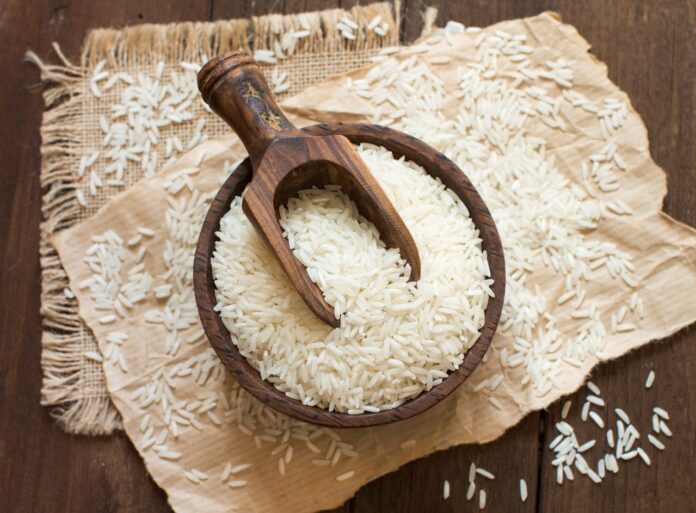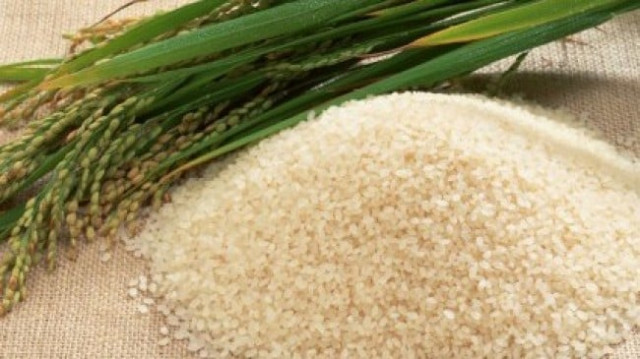Tags
EU detects GM rice in Pakistan’s Basmati consignment
It may give India the edge to get GI tag for the fragrant rice
By Subramani Ra Mancombu

An organic basmati rice consignment sent from Pakistan to Germany has been found to contain genetically modified (GM) rice by the European Union (EU) authorities.
An EU Rapid Alert System for Food and Feed (RASFF) issued on Monday (August 5) said the consignment had entered Germany via the Netherlands.
The contamination is traced back to government laboratories in Germany and Luxembourg to genetic modification of 370 introduced in Pakistan as an experiment.
This could give India the edge in getting the geographical indication (GI) tag in the EU to exclusively market basmati rice. Currently, its petition, filed in July 2018, is pending with the EU as well as Pakistan since the beginning of this year.
Difficult to clean
Though 500 tonnes of GM rice from India were found in a consignment in June 2021, the difference is it was not basmati rice in the case of New Delhi.
Once such GM traits contaminate commercial seeds, it is difficult to clean them up. The US rice industry took 10 years to get rid of LibertyLink GM rice and achieve a non-GMO status, industry sources said.
According to sources, the contamination could have happened because of Chinese scientists trying out GM rice varieties in Pakistan. This has resulted in the import of seeds from China and other countries.
“The EU is sensitive to GM products. The finding of GM rice in a consignment indicates weak surveillance during export. The European Commission may revamp the current in-process quality control system in Pakistan,” said S Chandrasekaran, who has authored the book “Basmati Rice: The Natural Geographical Indication”.
GI, GM can’t co-exist
While Pakistan sought GI status for the fragrant variety rice earlier this year, India has challenged it. Besides, several inconsistencies have been found in Islmabad’s application, including claiming to grow basmati in regions that are part of India.
Chandrasekaran said a GM product and a GI product can never co-exist. “The current incident is a typical example of the behaviour of contemporary reputation (that could hamper Pakistan’s claim),” he said.
Sources said food based on GMOs is regulated in the EU and only permitted if the corresponding GM crop has been approved.
Per EU regulations, GMO above 0.9 per cent in food or feed has to be labelled. Currently, no GM rice has been approved by the Union and it has zero tolerance for such consignments.
Shipments even with the presence of a trace of such GMOs have to be withdrawn. The contamination of US rice consignments with LibertyLink in 2006 led to damages valued between $741 million and $1.28 billion for the US rice industry.
Earlier alerts
Sources said Pakistan’s long-grained Indica rice DNA elements were found to contain GM rice originating from China. RASFF issued six such alerts in 2011 and 2012.
In 2012, Pakistani scientist Fida Abbasi developed a new rice strain that gave a higher yield. The scientist claimed that it would provide 15 tonnes a hectare of rice against 5 tonnes from the traditional variety.
Pakistan’s application for GI tag with the EU will likely be affected if a deal between India and the EU is signed on providing GI tags for one another products later this year. India and the EC have held six rounds of negotiations till now on the GI tags issue.
Also, the European Union (EU) has re-published Pakistan’s application for such a tag for the fragrant rice under a new clause. This will result in the EU asking Pakistan to come back after talking to New Delhi and registering its basmati varieties in India once the latter objects to Islamabad’s application.
https://www.thehindubusinessline.com/economy/agri-business/eu-detects-gm-rice-in-pakistans-basmati-consignment/article68497159.ecePublished Date: August 8, 2024






